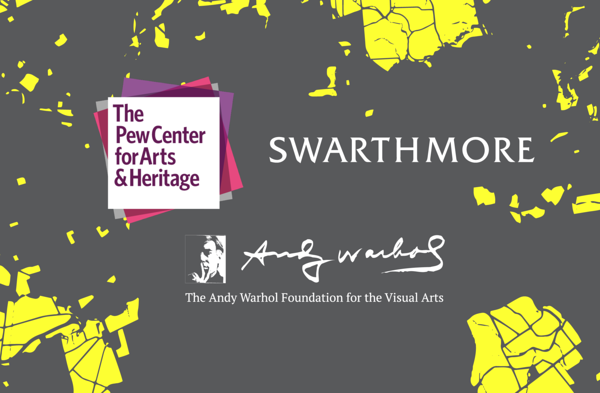June 13, 2023, 6pm
Join Rosine 2.0 and members of What Would an HIV Doula Do? (WWHIVDD) on Tuesday, June 13, 2023 from 6–7:30pm EDT for a conversation with artists, activists, and thinkers about working collectively in the context of socially engaged art and social justice.
Pato Hebert, Theodore (ted) Kerr, Alexandra Juhasz, and Carol Stakenas have organized this virtual roundtable to celebrate the publication of Rosine 2.0: Futures + Histories of Collective Care.
With: Owólabi Aboyade, JD Davids, Mikiki, Umi Hsu, Elaine Lopez, Danny Orendorff, Molly Pearson, The People’s Paper Co-op, Olivia R. Polk, Jamara Wakefield, Kathleen S. Yep.
In partnership with: One Foundation Archives, Detroit Bullet Train, Strategies 4 High Impact / Long COVID Justice.
During this 90-minute session, attendees will be encouraged to share experiences, challenges, and ways to work together towards a collective future of care.
Open and free to all. Registration required. To request any accommodations, please contact: rosine2 [at] swarthmore.edu.
Rosine 2.0: Futures + Histories of Collective Care, edited by Carol Stakenas with Jordan Landes and Katie L. Price, 2023, edition of 500. Design by Omnivore, Inc.
Rosine 2.0: Futures and Histories of Collective Care is a companion volume to Rosine 2.0, a project that brought together socially engaged art, harm reduction, mutual aid, and archival practices. The publication includes essays and interviews; historical and contemporary ephemera; a portrait series; and documentation to share community-engaged processes. The publication’s construction responds materially to the project—serving as both book and archival container—to preserve the ephemera and community-made publications that emerged during Rosine 2.0. These materials were created and distributed through the community networks that the Collective engaged.
About Rosine 2.0
Rosine 2.0, a community-driven art project using collective practices to explore harm reduction and healing in Philadelphia, was led by an interdisciplinary collective of artists, harm reductionists, archivists, and community organizers. Emerging from two years of learning, Rosine 2.0 featured a series of public programs, projects and workshops in March-April 2023 that explored harm reduction, mutual aid, and collective healing in solidarity with Philadelphia’s drug users, sex workers, and unhoused communities.
Rosine 2.0 was inspired by the papers of Mira Sharpless Townsend, a 19th-century activist who co-founded the Rosine Association in 1847, acquired by the Friends Historical Library. The organization was run by women to help “females who have wandered from the paths of virtue,” (engaging in sex work and substance use; facing poverty, abuse, and exploitation). Rosine provided shelter, education, and work placement for women seeking economic autonomy. While the Rosine Association served white cisgender women, Rosine 2.0 included the experiences of trans women and gender non-conforming people.



